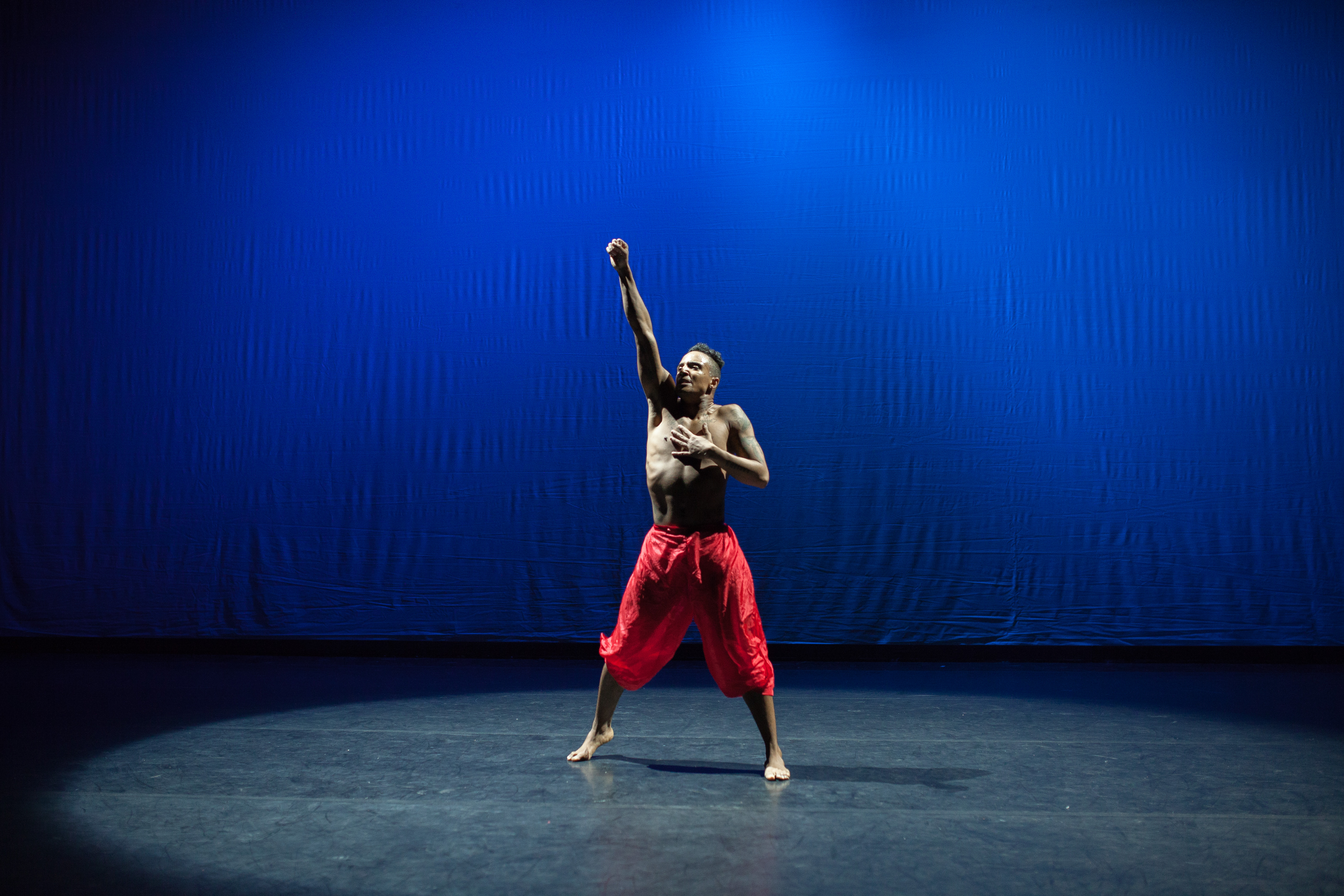To contextualize Rhythmolinguistic Illiteracy, it’s essential to understand it as a symptom of a larger cultural and historical disconnection. In the African and African Diasporic traditions, rhythm has always been more than just a musical element—it functions as a language, carrying messages, transmitting history, and facilitating communication across generations. Rhythm in this sense is not merely sound but a carrier of cultural meaning and knowledge, deeply intertwined with the physical expression of dance. The disconnection between these elements, where rhythm […]

